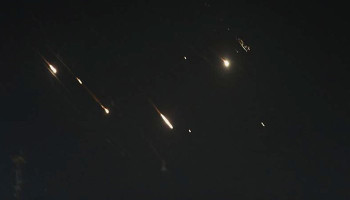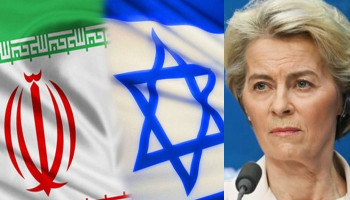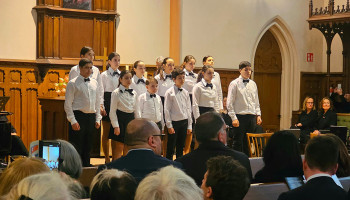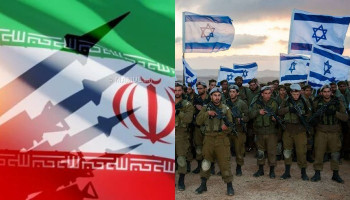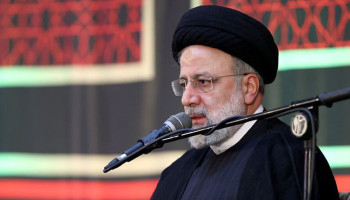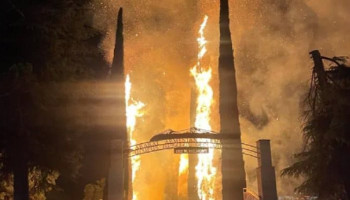Putin's catastrophic war has exposed Russia as a third-rate power
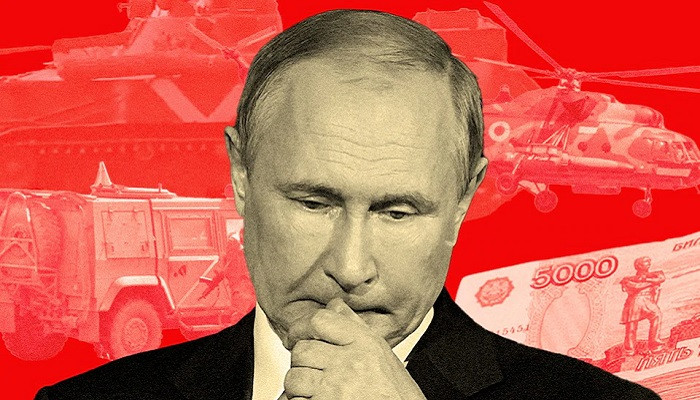 This decapitation strategy having failed, the Russian offensive quickly bogged down in the wooded hinterland of kyiv. After a month of increasingly heavy losses, the invaders retreated to the border to heal their wounds. What they left behind, however, were corpses, mass graves and other evidence of crimes against humanity. The evidence of atrocities found first in Bucha and then in almost every town or village liberated since has opened the eyes of the world to horrors that will dominate the memory of this war. Perhaps the most brutal fight of all took place during the Siege of Mariupol: an epic struggle lasting more than 80 days that culminated in a final stand in the steelworks of Azovstal. The Azov battalion or regiment, a Ukrainian national guard unit with neo-Nazi origins and insignia, was notable in this siege. Azov plays an outsized role in Russian propaganda, in order to justify Putin’s claim that his goal is the “denazification” of Ukraine. Yet the undeniable courage of Mariupol’s defenders, contrasted with the cruelty of the Russian besiegers – who refused to allow civilians to leave or treat soldiers as prisoners of war – turned this into yet another propaganda victory for Russia. ‘Ukraine. The fate of Mariupol’s pre-war population of more than 400,000 is still unclear – hundreds were deported to an area near North Korea – but at least 20,000 civilians died in that once prosperous port, now reduced to rubble. His name, however, will be cherished by Ukrainians because by holding out for so long he has tied down Russian forces that might otherwise have tipped the scales in the battle for Donbass that began six weeks ago. After damaging but failing to take the high-tech center of Kharkiv, once Ukraine’s “Silicon Valley”, the exhausted Russian hordes are now focusing their efforts on capturing the remaining Donbass region. The objective is to organize a rigged referendum in Kherson to add a third puppet “republic” to the separatist enclaves of Luhansk and Donetsk. However, the catastrophe now befalling the occupied areas of Donbass is indescribable. A Ukrainian genocide What has happened in the Donbass and elsewhere are mass deportations via “filtration camps” to the most remote regions of Russia, some up to 5,500 miles from home. The Pentagon has confirmed the existence of these camps, where mothers are separated from their children. Ukrainians designated as “Nazis” are sent to concentration camps to be tortured, killed or used as slaves. Earlier this month, Ukrainian human rights chief Lyudmyla Denisova put the number of deportees at 1.19 million, including 200,000 children, many of whom are forcibly adopted. According to leaked Kremlin documents, plans were made before the invasion to deport 2 million Ukrainians and the process is still ongoing. Meanwhile, ethnic Russians are being moved to areas evacuated by Ukrainians. The existence of over 1,300 Russian camps and the forced displacement of over a million civilians is so shocking that the world is only just beginning to digest the news. This means that Solzhenitsyn’s Gulag archipelago nightmare is back, this time directed against a democratic European country. There is only one word for this crime: genocide. All this is happening under the auspices of Vladimir Putin. He alone is responsible for unleashing untold misery on Ukrainians, whom he claims to be true fellow Russians. Yet such a colossal act of iniquity could not have happened without thousands, if not millions, of willing accomplices. What made the war possible and all that came out of it was the systematic destruction of civil society in Russia. Since taking office 22 years ago, Putin has crushed dissent, silenced TBEN press and brainwashed the public – while the free world has largely turned a blind eye. The soft underbelly of Europe Above all, Putin offered Europe cheap energy: gas, oil and coal. The sharp post-pandemic rise in global hydrocarbon prices has made many countries even more dependent on Russia. No wonder many recipients on both sides were unwilling to believe that the era of Londongrad and Ostpolitik, cozy vodka and caviar highs, was over. Even now, after three months of carnage on the continent, the European Union’s three biggest nations are still struggling to adjust to the reality of their predicament. None of the French, German or Italian leaders made a gesture of solidarity by going to kyiv. All three dragged their feet on guns and sanctions. All three call for a ceasefire, not a Russian withdrawal. Emmanuel Macron persists in his conviction that direct talks with Putin will lead to a compromise acceptable to both parties. He insists that Russia should not be “humiliated”, but is accused by Zelensky of offering to hand over Ukrainian land to Putin – a charge he denies. Olaf Scholz clings to his policy of avoiding ‘escalation’ at all costs, despite defeats in regional elections that suggest German public opinion would like him to pursue the tougher line forged by his Green Minister for Foreign Affairs, Annalena Baerbock. Germany still pays billions for Russian gas. Italian technocrat Prime Minister Mario Draghi would prefer a harder line, but his coalition partners and opponents – from old Putin cronies, like Silvio Berlusconi, to populists, like Matteo Salvini – are all soft on Russia. |











